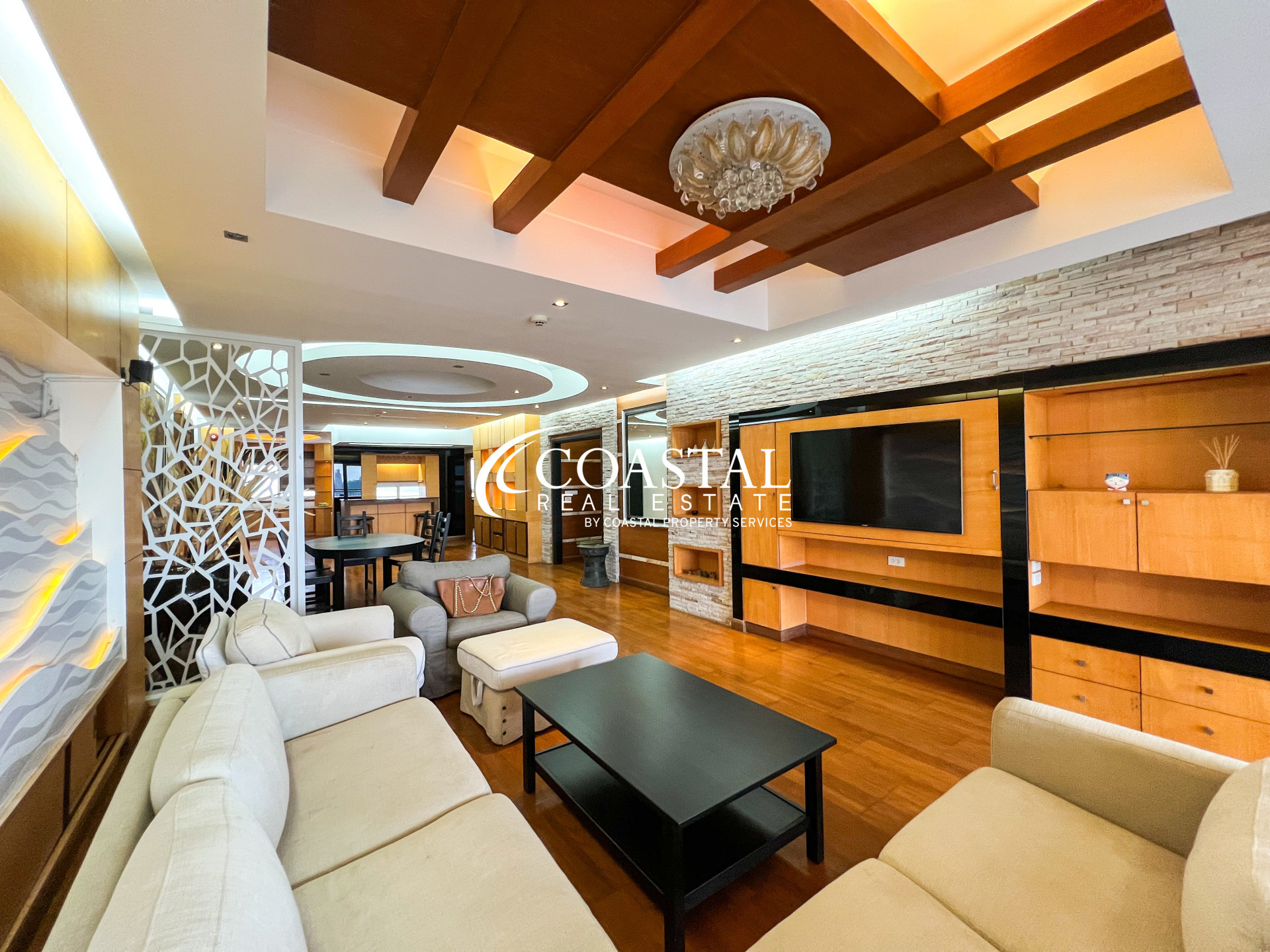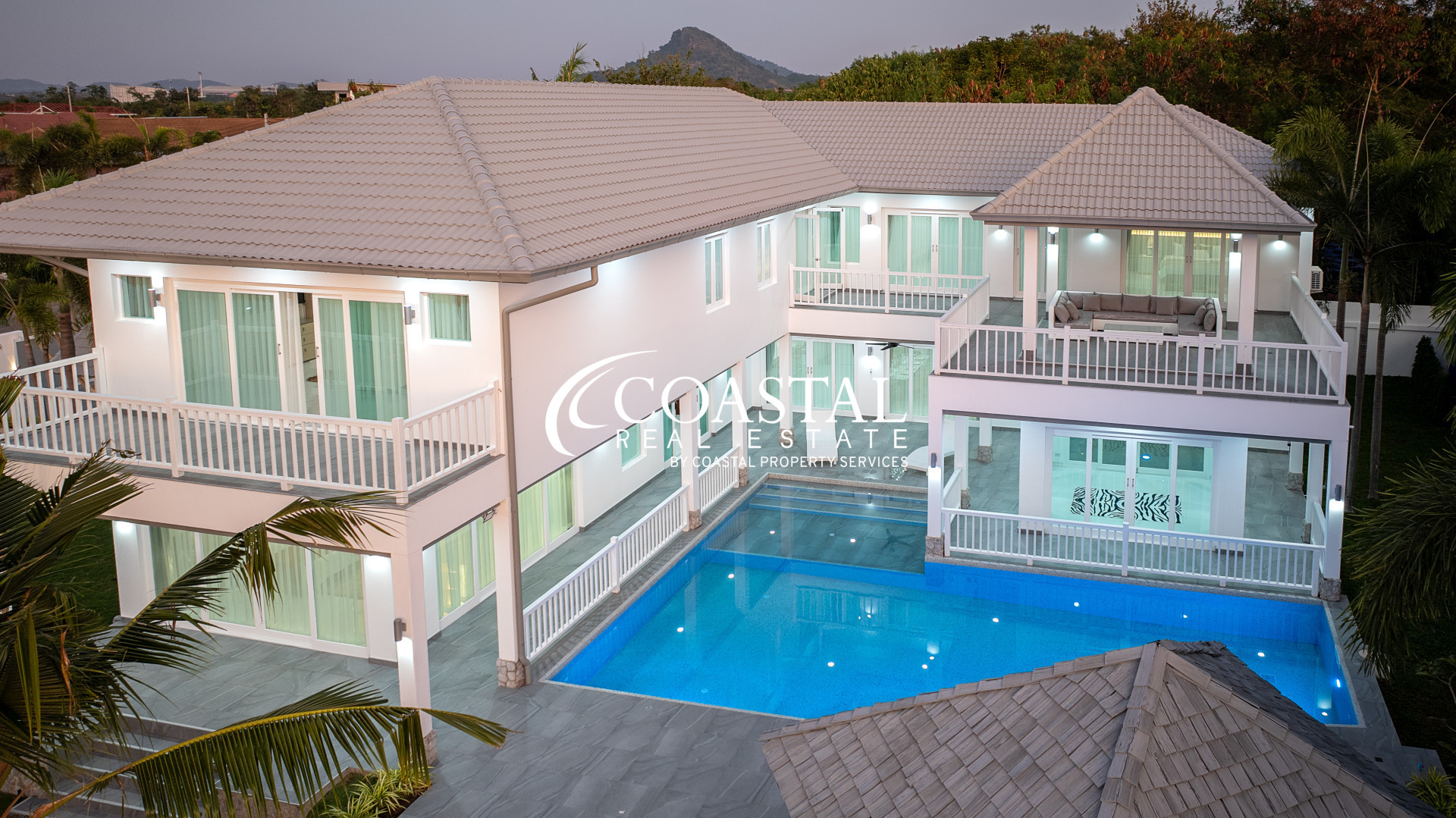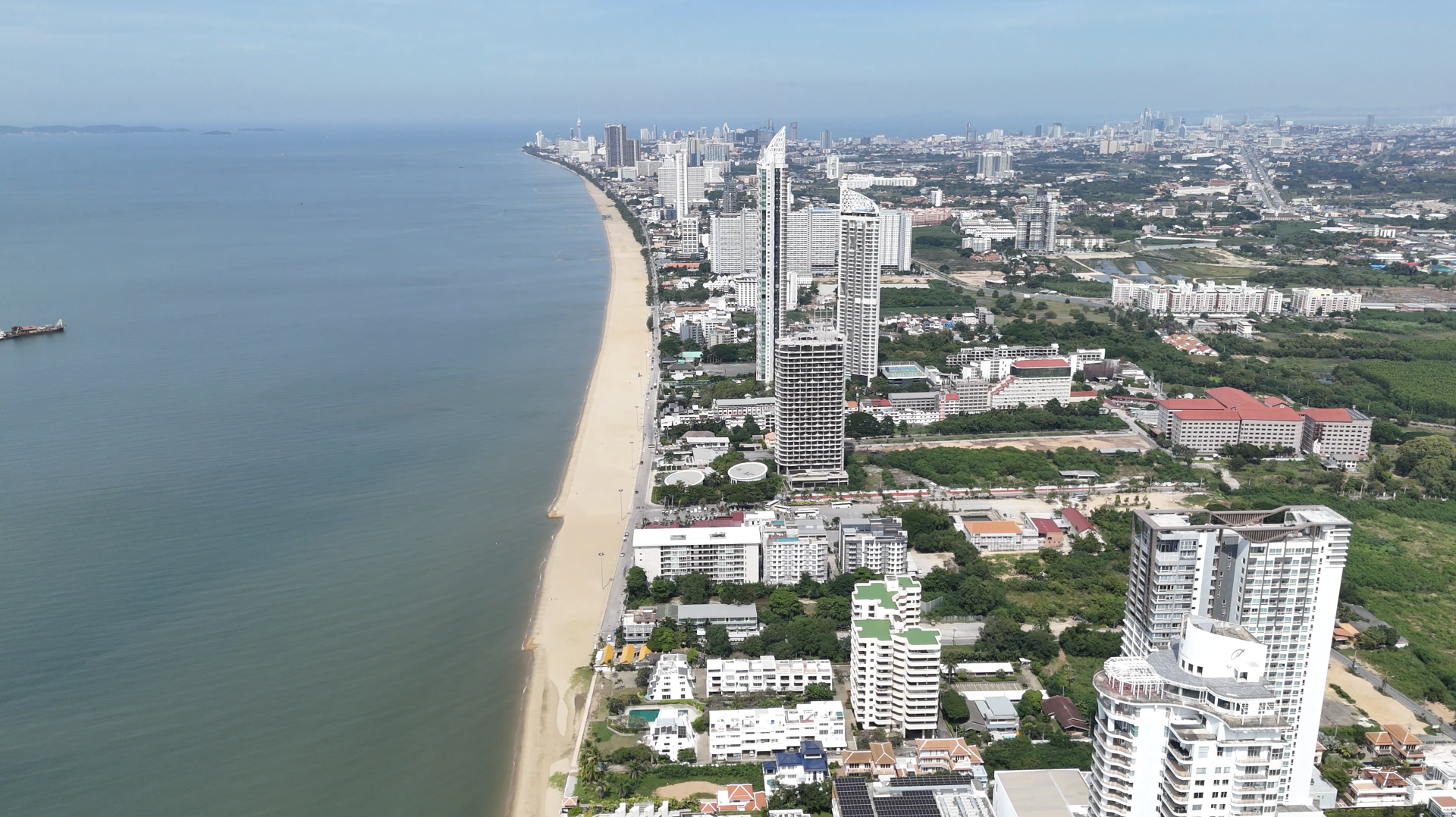How to Purchase a Property in Thailand

If you looking to purchase a villa or a condominium in Thailand but you are not certain how to do it, then here is a detailed account of what you need to do.
First, select a reputable real estate agent. As you are looking to buy real estate in a foreign country then you should seek expert advice and local assistance.
We, at Coastal Real Estate, know how to communicate in Thai language and we are familiar with the area as well as all the necessary requirements.
If you are considering purchasing directly from a developer, it is not going to save you any money compared with buying from an agent. The developer will not assist you to make an unbiased comparison with similar properties to the project that they are building and selling. The principal benefit of using a real estate agent is that they will liaise between you and the seller and they will obtain the fairest price for you and act upon your behalf to ensure your best interests are represented throughout the whole process.
Here in Thailand, a foreign person is only legally permitted to own a condominium in his or her personal name.
Should the foreigner wish to buy land to build a house, then he or she should obtain a long-term lease. The foreigner should then apply for a construction permit to build the house in his or her own name. By this method, the foreigner owns the house and has a secured lease on the land that the house is built on. Another method is to set up a Thai company with Thai shareholders. The said company then purchases the land and the house.
The foreigner can then be a director and shareholder of the said company.
A legal advisor can explain more about this. The title deed or “Chanoot” as known in Thai, should be checked out at the land office to verify that the seller has indeed the legal title of the land/property in question. We can do this on your behalf.
Once everything is satisfactory with the property details, you will be required to pay a deposit to show that you are a serious buyer and willing to continue with the process. In return for your deposit, the seller will reserve the property for you and start the process of drafting the contracts for the purchase. This deposit is usually non-refundable.



